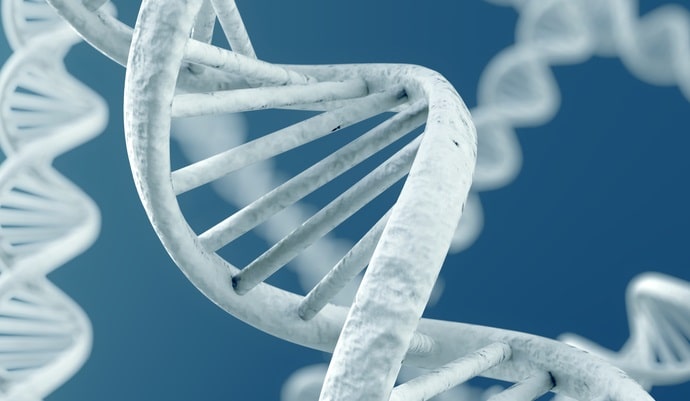Table of Contents
Muscle fibers repair requires management of the disease to correct the cellular and subcellular activities in response to muscle injury. In disease such as limb-girdle muscular dystrophy (LGMD2B) damaged muscle fiber have defects at a structural level that impairs the normal functions in affected patients.
Limb-girdle muscular dystrophy (LGMD) 2B
The disease is a disorder caused due to a genetic defect, resulting in the loss of a muscle protein, dysferlin. Absence of the dysferlin protein causes significant weakness, and skeletal muscle loss in the shoulder girdle, pelvic, and limbs. As it is a progressive disease, patient suffers from a cumulative loss of muscles that results in a continuous deterioration, affecting their routine physical activities
Association between genetic defect and the muscles strength in (LGMD) 2B
A recessive mutation in the dysferlin gene is responsible for the muscle loss. It results in the loss of the dysferlin protein. Due to the presence of this defect, a diagnosis of limb-girdle muscular dystrophy (LGMD) 2B is possible. This protein is important as it promotes repair of skeletal muscle cell membranes, that may be injured due to trauma or routine activities. Lack of this protein affects the repair process. Thus, the muscles degenerate, become weak and dysfunctional.
Available options for management of LGMB2B
Currently, there is no option to treat this condition. Gene therapy seems a potential tool that can solve the muscle degeneration. However, gene therapy is associated with use of vectors, which are of large size so challenging for muscle delivery.
In animal models, drugs have proved effective, although their clinical efficacy is yet to be established in humans. Recently, preclinical studies have shown promising results for the treatment of Duchenne Muscular Dystrophy. This could prove similar success in the management of patients with LGMD2B.
Challenges and concerns
Due to the genetic defect, there is lack of dysferlin protein that affects the release of an enzyme, Acid Sphingomyelinase (ASM) by the injured muscles.
Outside the muscle fibers, ASM release depends on dysferlin protein. Recent research conducted substitution of the protein deficit by providing this enzyme to the muscles externally. Thus, in an attempt to conduct this experiment, ASM produced in the liver was secreted in the bloodstream, so that it can reach the muscles.
Therapeutic dose and beneficial outcomes related to muscle weakness and degeneration were tested to assess the role in muscle weakness and impaired physical activities in patients lacking dysferlin.
Clinical outcomes of the new gene therapy
The novel therapy resulted in effective response such as decreased muscle damage, and less requirement for muscle regeneration. Patients deficient in dysferlin had reduced muscle loss, and better quality of life.
With the introduction of this therapy, it is possible that severity of the muscle degeneration can be stopped, and patients can have a healthier active life.
Future significance in patients with other muscle diseases
ASM deficiency is observed in several other diseases such as Nieman Pick Disease A. Gene therapy has the potential to improve the neuromuscular diseases and other pathologies that limits their routine activities.
Future studies should assess the implications, outcomes and success of advanced therapeutic approaches in management of all types of muscle dystrophy conditions.







